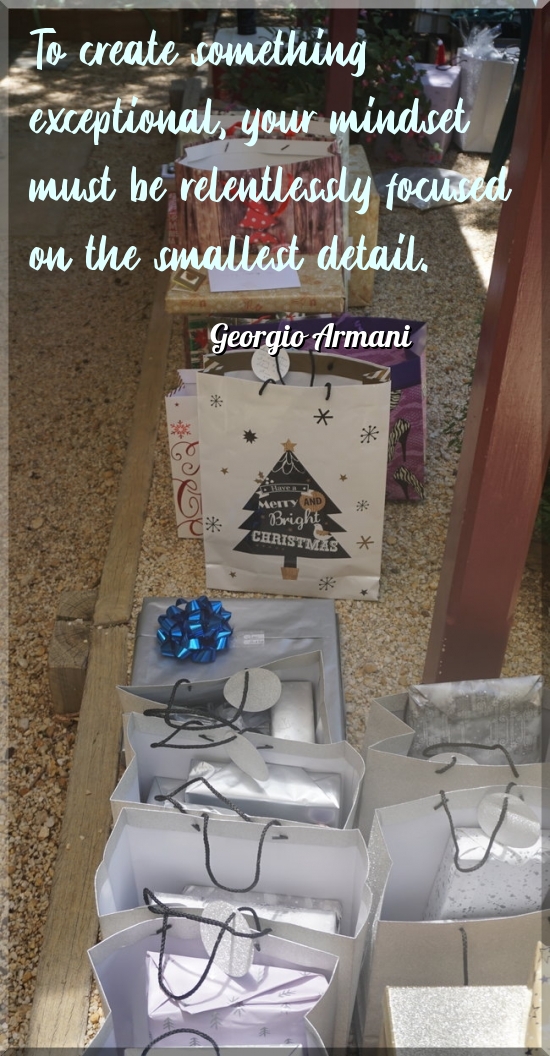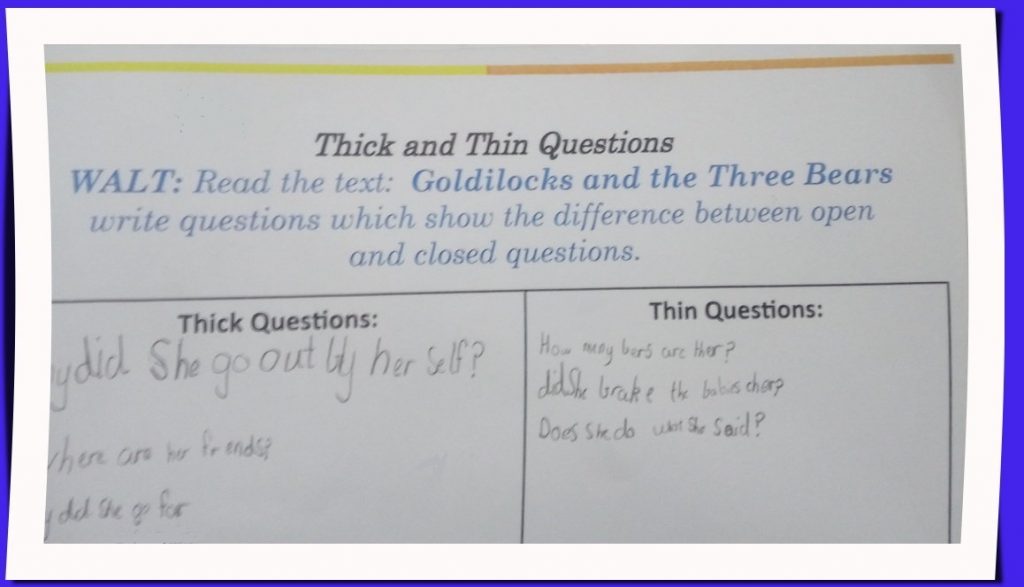Incomplete sentences are not useful
Unfortunately, I had to make a complaint against a bank. In doing so, I spotted this incomplete introductory text on their website.
The sentence “In the last 12 months we solved over 150,000 customer complaints and used this” is obviously incomplete. What do they use these complaints for?
I amused myself with potential endings for that sentence…
- used this data to better hide our faults
- used those complaints as fertiliser in our corporate garden
- used this number to calculate bonuses for our top executives
- used these complaints as reasons to reduce staff
However, I assume what they were trying to say was along the lines of ‘we used those complaints to improve our services to customers’. I wonder what other endings people have devised for that sentence, given they are probably already annoyed by the time they reach the complaints page…
If they actually think it is a complete sentence and idea, it is still poor to not add punctuation at the end!
How does your business use complaints and other feedback received?
Good writing matters
Telling me they had so many complaints and leaving the sentence unfinished is certainly not inspiring any confidence in them or their services! It may seem like a simple error, but it can seriously damage your reputation and cost you business.
This is why it is always good practice to reread and proofread things before you publish them. Preferably a day or so after you wrote it as mistakes can be easier to spot later on. And having someone else read your words is an even better safety net.
And then the published page needs to be reviewed. Maybe this text was complete in draft form and something got deleted or hidden in the process of publishing it. If you have read and checked something multiple times, it is easy to skim read and assume all is ok. However, the final version must be checked thoroughly to avoid mistakes like Westpac.
In a big business, I would expect a process so mistakes like this are avoided. For smaller businesses, giving yourself time for checking whenever possible is a safer option.












Recent Comments